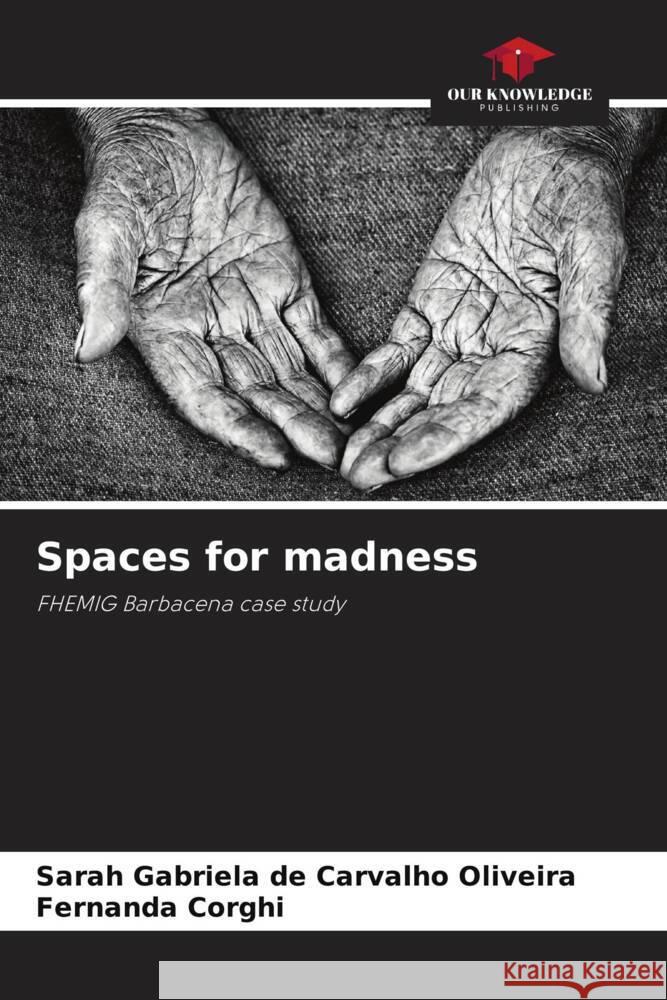Spaces for madness » książka
Spaces for madness
ISBN-13: 9786208187644 / Angielski / Miękka / 2024 / 60 str.
Psychiatric institutions in Brazil were founded as a result of a process of authoritarian urban regulation, which rounded up countless people in order to restore them to social life in accordance with the hygienist and eugenic policies of the 20th century. Psychiatric hospitals were designed to isolate, control and monitor their inmates, where mistreatment was constant and deaths were frequent. The situation was only reversed with the implementation of the Psychiatric Reform, which granted citizenship to the mentally disabled and opened the doors of the asylum. This process still has the delicate role of dealing with the hostility present in the population, which regards cognitive disorders as something dangerous or incapable. Rethinking the planning of therapeutic environments in a way that dismantles the archetype of the psychiatric clinic is an example of how the study of this scenario in Architecture and Urbanism is important for deconstructing paradigms that link madness. Therefore, the work will use the Minas Gerais State Hospital Foundation (FHEMIG) as a case study, the first psychiatric hospital founded in Minas Gerais, located in the city of Barbacena.











